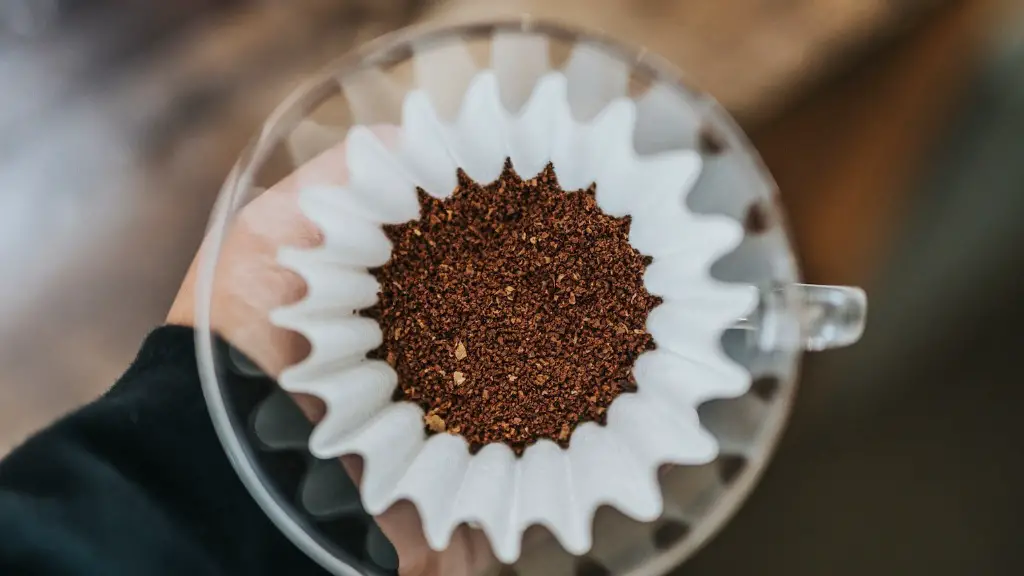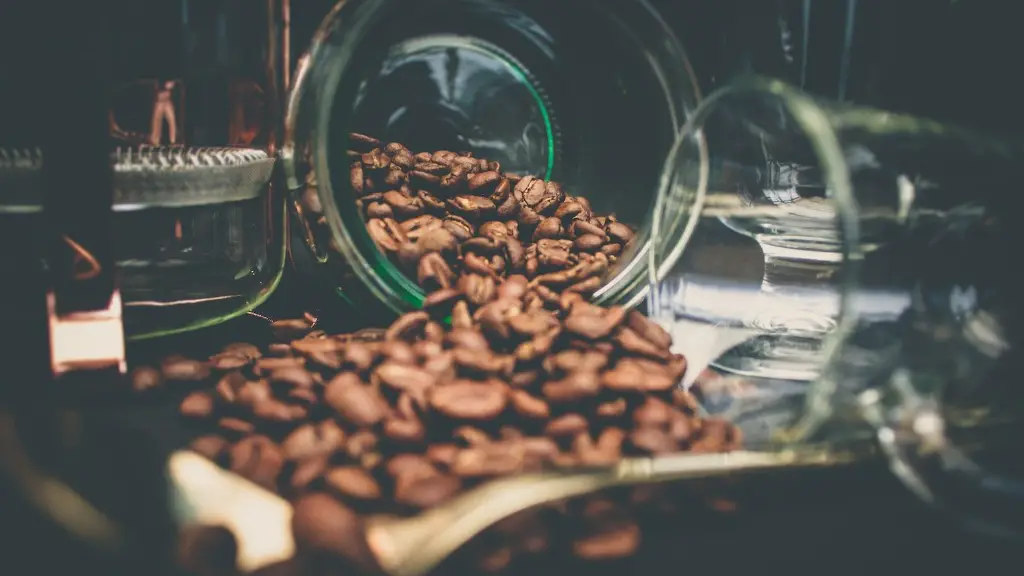Research has confirmed that drinking coffee can increase one’s heart rate significantly. This can be a concern for individuals with high blood pressure, who already show signs of high arterial tension. But can coffee adversely affect those with hypertension? In this article, we will discuss the latest data on the effects of caffeine and coffee on those with high blood pressure, along with the opinions of experts, in order to understand if it is safe to drink coffee with high blood pressure.
There is no shortage of research dedicated to the topic of coffee and caffeine’s effects on one’s health, and this certainly applies to hypertension as well. One research paper published in the journal Hypertension in 2014 found that for individuals with hypertension, coffee intake had no significant effects on their arterial pressure. In fact, a reported meta-analysis of 27 trials conducted between 1967 and 2014 found that for those with high blood pressure, there was no increase in bloof pressure levels following the consumption of coffee.
In light of this research, it appears that there are no evident short-term consequences of drinking coffee with high blood pressure. This has been confirmed by Dr. David Dawson, a cardiologist in the UK who has written on the health benefits of coffee. He is also of the opinion that drinking coffee in moderate amounts will not negatively impact those with high blood pressure.
Given all the evidence mentioned, it appears that, at least in the short-term, drinking coffee with high blood pressure is safe enough. However, it is important to point out that just because there is no evidence to suggest that coffee and caffeine are bad for high blood pressure levels, this does not necessarily mean that they are beneficial either. Therefore, further research is necessary in order to ascertain if drinking coffee can actually reduce high blood pressure levels in the long-term.
Coffee and Heart Health
It is important to note that coffee is not the only relevant factor when it comes to cardiovascular health. Apart from keeping an eye on one’s caffeine consumption, those with high blood pressure should also maintain a healthy lifestyle in order to reduce their risk of cardiovascular disease. This includes exercising regularly and following proper dietary guidelines.
In particular, individuals with hypertension should reduce salt intake and instead opt for foods that are high in potassium, Omega-3 fatty acids, and antioxidants. Additionally, they should replace saturated fats and cholesterol with polyunsaturated and monounsaturated fats. Furthermore, it is recommended that they reduce the amount of alcohol they consume, as this can have serious consequences on blood pressure levels.
2021 has seen a plethora of studies dedicated to the effects of various dietary components on cardiovascular health. One in particular found that taking Omega-3 supplements can reduce arterial pressure by 5-10mmHG (millimeter of Mercury) for those diagnosed with hypertension.
What Are The Long-Term Effects of Coffee?
Despite the fact that drinking coffee with high blood pressure appears to have no detrimental effect in the short-term, it is still uncertain if it can cause any long-term damage. Morning show host Dr. Oz claims to have found evidence that long-term consumption of coffee can actually lead to higher blood pressure levels, as caffeine has been found to reduce the effectiveness of certain blood pressure medications.
However, this theory is yet to be proven and further research is needed in order to ascertain the truth behind it. It is important to stress that everyone should consult with their doctor before making any decisions regarding caffeine consumption and its effects on their health.
Coffee and Stress-Management
Apart from its potential effects on one’s health, another factor to consider when discussing coffee and hypertension is its ability to reduce stress and anxiety. Studies have confirmed this, which makes it an even more appealing option for individuals with high blood pressure, as chronic stress and anxiety can increase arterial pressure.
At the same time, it’s important to acknowledge the fact that coffee is not a miracle cure for anxiety and stress-related issues. Those with hypertension should continue to make lifestyle changes such as exercising, practising mindfulness and reducing alcohol and caffeine intake, in order to keep their body and mind healthy.
Caffeine and Blood Pressure Medications
Finally, it is imperative that those with hypertension discuss their caffeine consumption with their doctor, as certain medications prescribed to reduce blood pressure levels can be affected by caffeine. This can interfere with the efficacy of these drugs and consequently hinder the patient’s progress from high blood pressure.
It is generally not recommended to consume more than 400 milligrams of caffeine a day, and it should also be noted that one cup of coffee can contain up to 200 milligrams of this substance. This does not mean that one should avoid coffee altogether, but rather that it should be consumed in moderation and with the advice of a healthcare professional.
How Does Coffee Compare To Other Caffeinated Beverages?
When discussing coffee’s effects on hypertension, it is important to compare it to other caffeinated beverages as well. Other popular drinks that contain caffeine include energy drinks, sodas, and teas. Research has shown that energy drinks could contain up to three times more caffeine than coffee, along with other stimulants that can be potentially dangerous for those with high blood pressure.
In comparison, teas and sodas generally contain significantly less caffeine than coffee, and some do not contain any at all. Additionally, certain herbal teas can contain anti-inflammatory and anti-oxidant benefits, which can be beneficial for those with hypertension.
Does Coffee Cause Withdrawal Symptoms?
Those with high blood pressure who wish to reduce their caffeine consumption need to be aware of the potential withdrawal symptoms that can be experienced during this process. Symptoms such as headaches, fatigue, irritability and difficulty concentrating have been reported as possible side-effects of not drinking enough coffee. Unfortunately, these withdrawal symptoms can worsen one’s arterial tension, further heightening the risk of heart disease for those diagnosed with hypertension.
Therefore, it is important that if those with high blood pressure are looking to reduce their caffeine consumption, they should do so gradually over a period of time. Additionally, they should be aware of the symptoms associated with caffeine withdrawal, in order to identify them early on and make sure they are adequately addressed.
Conclusion
In conclusion, it appears that, in the short-term, drinking coffee with high blood pressure is safe enough. Research has shown that there is no significant effect on arterial pressure levels in those with hypertension. However, it is still uncertain if drinking coffee can bring any sort of long-term benefits, and therefore more research is needed in this area. Additionally, those with hypertension should take into consideration the other factors that can affect their heart health, such as diet, exercise, and stress levels. Finally, it should be noted that reducing one’s caffeine intake should be done gradually in order to avoid any potential side-effects.




